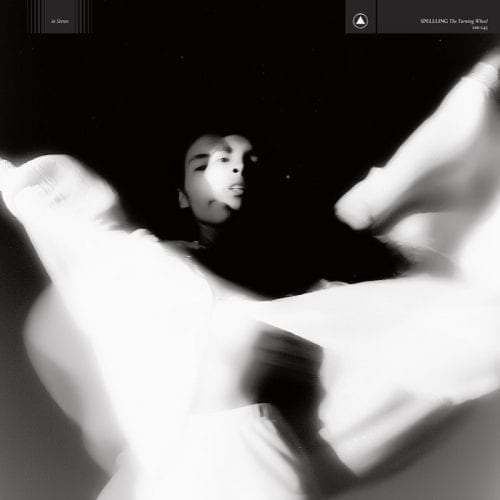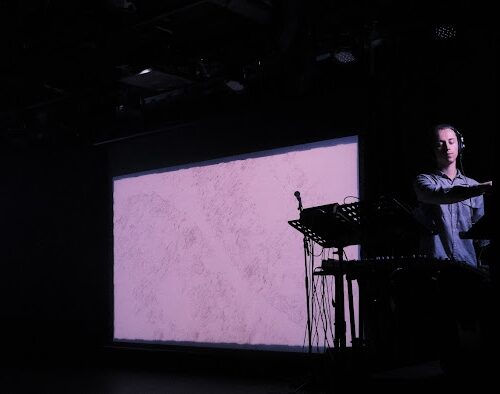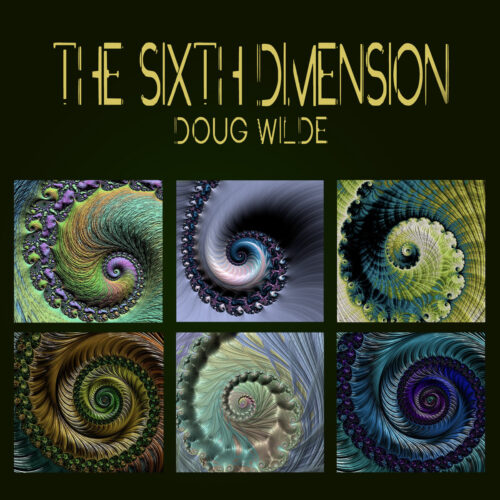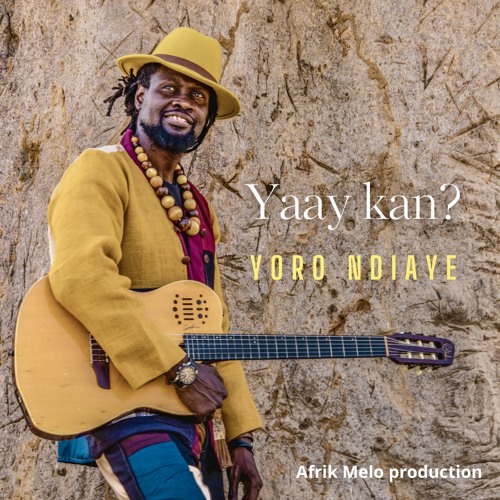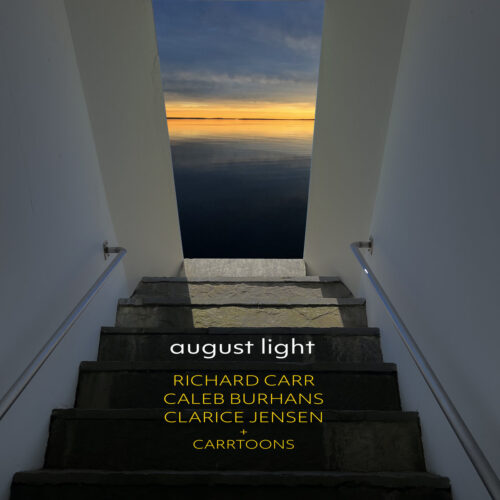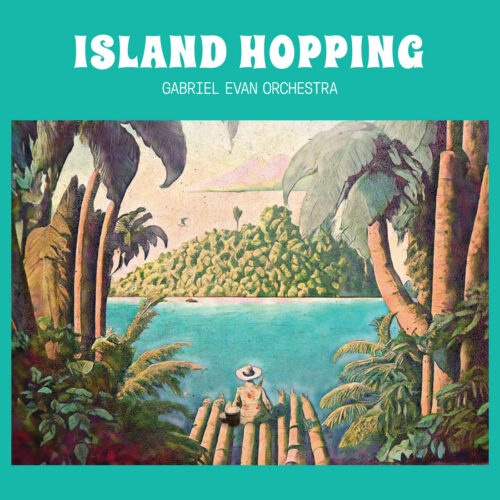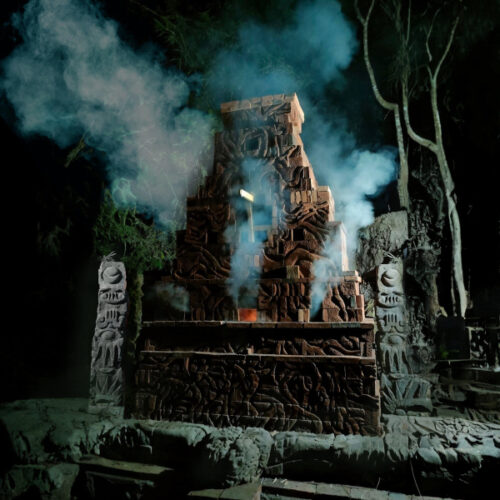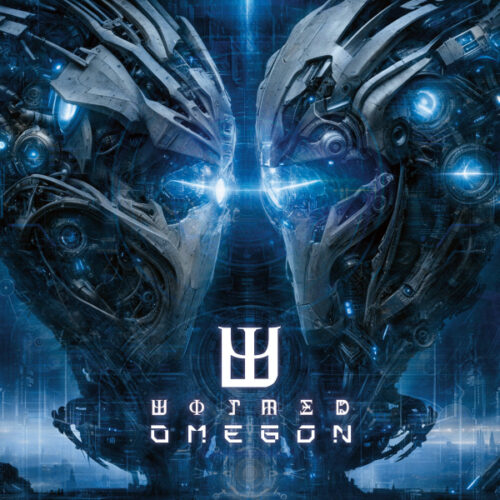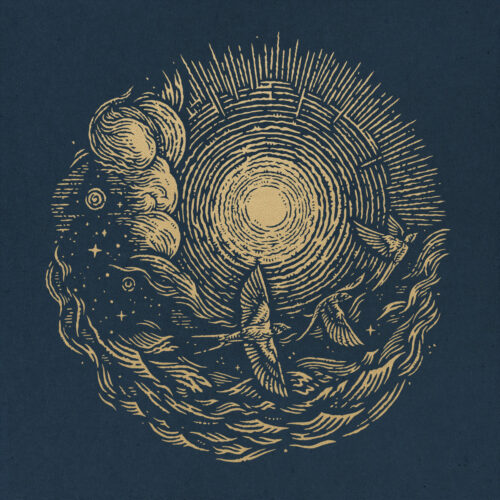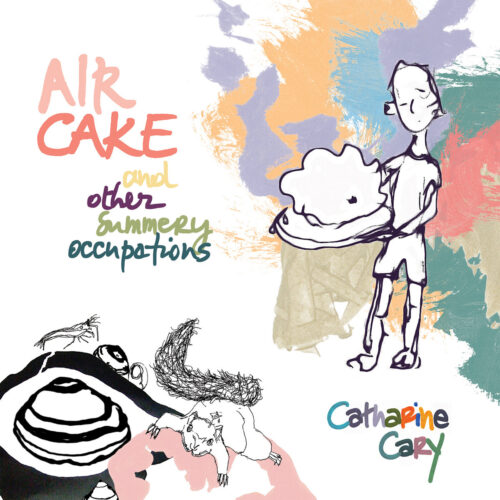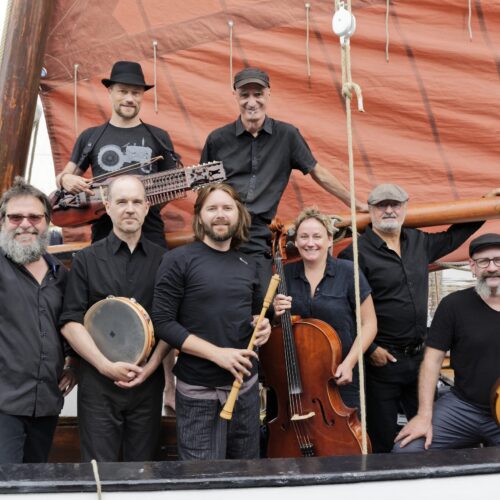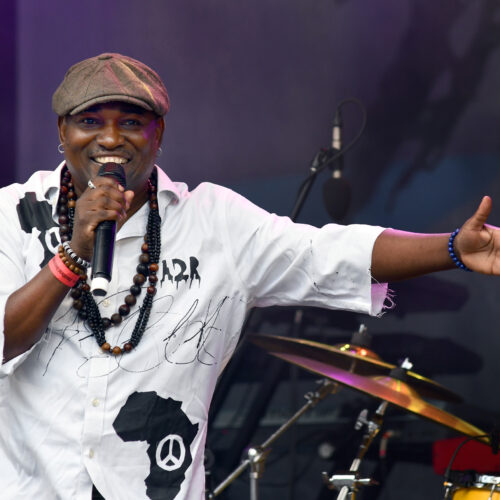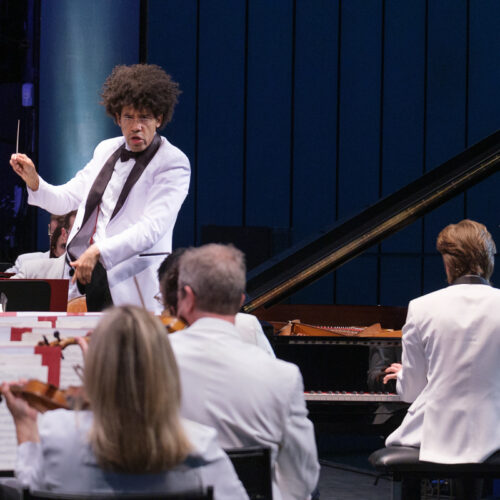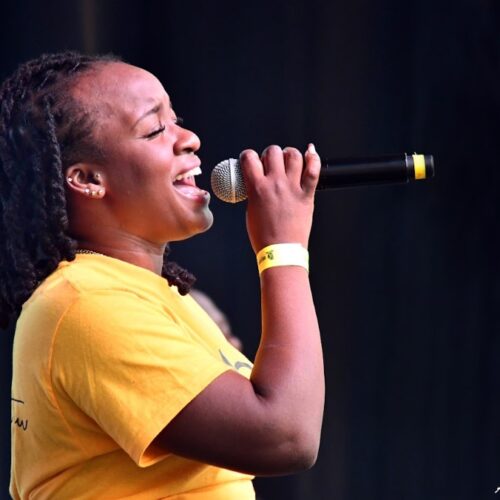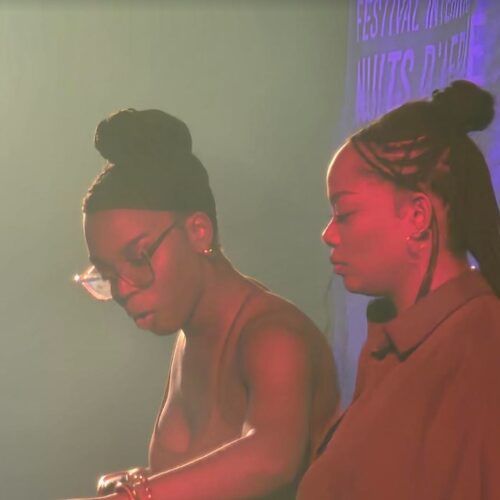Spellling, the misspelled pseudonym behind which California artist Chrystia Cabral hides, has so far given us two of the most unsettling albums to be produced in recent times. Icy synths inherited from ’80s dark wave, deep, soulful vocals, elliptical and incantatory poetry… The juxtaposition of these different elements made us enter the realm of the strange. Now, with the release of The Turning Wheel, Spellling is once again confusing, but this time it is by adopting an approach that is the antithesis of her past work that she surprises us. Gone are the skeletal arrangements and obscure lyrics, and this new offering is orchestral pop brimming with hope. In addition to writing and composing the abundant material for this double opus, the singer produced it and crafted the opulent arrangements. In fact, Ms. Cabral required the services of some 30 musicians, whom she oversaw remotely. Strings, brass, bassoon, banjo, harps and electric guitars are just a few of the instruments that fill out Spellling’s sound, but she didn’t leave out the vintage keyboards. The latter are especially present on Below, the second half of the record, which is darker than Above, the bright first part of the work. These two sections fit together like yin and yang. Listening to the lively “Little Deer” and the introspective “Boys at School” – excellent opening pieces to each of the project’s two segments – will give a good idea of the richness of sound and emotion that The Turning Wheel abounds in. Evoking the vocal style of a young Kate Bush, Ms. Cabral’s high, theatrical vocals may turn some people off, but there’s no filler throughout the 60-odd minutes of this album. Ambitious as can be, it comes close to the masterful Grae that Moses Sumney released last year. Like Sumney, Spellling shows that she is a complex creator who embraces all her contradictions and can go in any direction she wants, rarely finding herself where she is expected.
